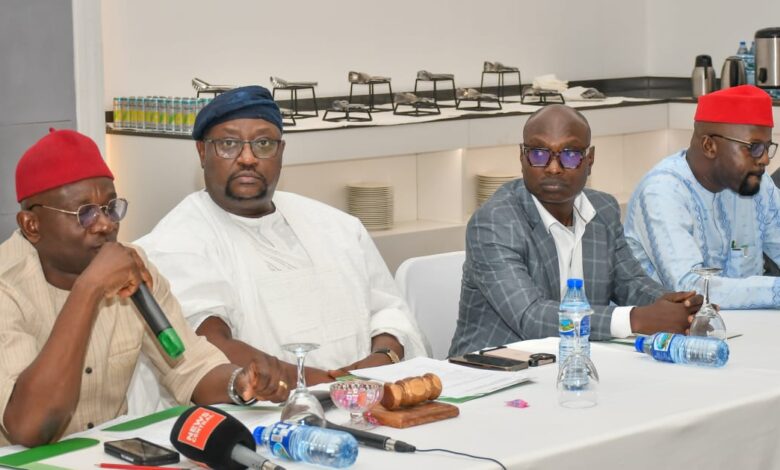
The house of representatives ad hoc committee on pre-shipment inspection of exports and the non-remittance of crude oil proceeds says Nigeria is losing billions to unverified shipments and unremitted export proceeds.
Seyi Sowunmi, chairman of the committee, spoke on Tuesday at the opening of a capacity-building workshop on pre-shipment inspection and non-remittance of crude oil proceeds in Abuja.
Sowunmi said Nigeria is at a critical economic crossroads and must urgently plug massive revenue leakages undermining national development.
He said crude oil has remained Nigeria’s primary export for decades, yet the country continues to lose billions of dollars through unverified shipments, under-declarations and the non-repatriation of export proceeds.
The lawmaker said the problem also affects non-oil exports, adding that the lost revenue translates to far more than numbers — it means lost hospitals, schools, vital infrastructure, and, most painfully, missed opportunities for Nigerians.
“Alarmed by the growing evidence of revenue losses and non-compliance with pre shipment inspection and export laws, the house of representatives, established this ad hoc committee to investigate the systemic failures in pre-shipment inspection and revenue repatriation of both crude oil and non oil exports,” he said.
“Identify institutional and regulatory lapses, engage stakeholders across the oil, financial, maritime and non oil export sectors and recommend practical legislative and policy solutions.
“This is not a witch-hunt, it is a national mission to recover value, close loopholes, and reinforce confidence in Nigeria’s economic governance.”
‘NIGERIA CAN’T CONTINUE LOSING FX’
The chairman said the workshop was designed to address the knowledge and capacity gaps that often hinder effective oversight.
He said experts in international trade compliance, financial intelligence, maritime operations and forensic auditing will lead sessions to help lawmakers interrogate export data, understand crude oil transaction flows and assess policy implications.
Sowunmi described the capacity-building programme as an investment in competence, credibility and national integrity.
“Let it be clear that this committee operates on the principles of openness, evidence, and national interest,” the lawmaker said.
“Our task is urgent. Nigeria cannot afford to continue losing precious foreign exchange due to weak inspection processes or unremitted proceeds.
“We must move towards a system where every barrel exported is digitally tracked, every dollar earned is duly repatriated; and every agency in the export value chain is accountable under the law.
“This is a moment for legislative leadership. The fight for economic accountability must begin within our own chambers through informed debates, stronger committee oversight, and decisive legislative reform. We must ensure that Nigeria’s natural resources truly benefit Nigerians.”
He called for cooperation from the executive and private sectors, warning that “the era of impunity and unaccounted exports is coming to an end”.
Also speaking, Peter Aniekwe, a member of the committee, urged lawmakers to remain resolute, adding that the oil revenue is very important to the nation and the house had set up the committee at a critical time to find solutions.



